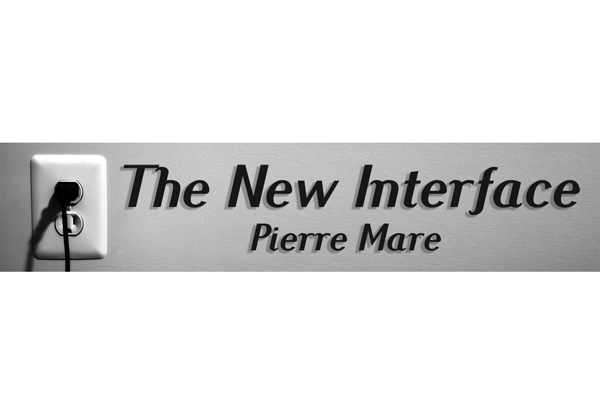
Easier language

Most paradigm shifts become noticeable after the fact, but sometimes they show up before they take place. One of the latter may be happening now. Namfisa is making moves to simplify the language of finance, and at least one large enterprise has done what appears to be a practical workshop on the topic.
The importance of this cannot be ignored and must not be understated. Language is communication of thoughts. If thoughts cannot be transferred between minds every endeavour is damaged. Firstly difficult language slows things down as people struggle to understand. Secondly, difficult language creates problems when people misunderstand or miss the point completely.
Namibia has many languages, each of which have their own grammar. This grammar has to be reinterpreted as an English formulation when the national language is used. For example someone who is used to thinking of ten and nine dollars and ninety cents and nine cents may have difficulty translating that thought into nineteen ninety nine.
That particular figure and its translation may be at the root of tens of thousands of transactions per day. The translation of that figure between languages may cause delays in transactions as well as loss of value if the figure is imperfectly translated
If the concept becomes more complex, there is greater room for difficulty and error.
One example at the extreme end of the spectrum, lies in the story of the Lewis washing machine. A low-income employee bought a washing machine for a considerable amount, relative to his salary. A statement of account showed him that he would pay triple that considerable amount, and this led to a viral sensation on social media.
Lewis was able to say that they were within the letter of the law. The elements of the purchase agreement were correct and the man signed. Evidently the man looked at the blur of clauses, couldn’t make head or tail of them and signed in order to get the washing machine.
If he had understood what he was signing for and the actual cost of his agreement, he almost certainly would not have signed. Part of his decision to sign may have been due to the idea that legalities are accompanied by ethical and responsible behaviour, and the presence of clauses embodied this.
Complex language can be used to maliciously obscure meaning and intent, or bully the recipient into acceptance of the message. Even as an English speaker I have a reckless disregard for contractual language and clauses. When I look at an offer, I look for the form of it, not the narrower details. I am cynical enough to disregard offers of retailer finance, refinanced insurance and extended warranties. What must be the experience of people who don’t have English as a mother tongue?
Complex language is not just a problem when it appears on contracts. It is also a general problem in Namibian communication.
Firstly use of complex language shows status. Generally the higher the level of education, the more complex the language will be to denote that status. This also leads to people who do not have a matching level of education incorrectly using complex language to attempt to attain status.
Secondly, complex language is a legacy of dated and / or archaic business language, and ‘your humble servant’ means ‘I own you and your soul’.
The cost of this language is is obscured and misplaced trust. I have often seen examples where complex language has obscured facts that have caused major disruptions and problems when the true circumstances come to light. And retreat to the position, ‘we told you so’ has no impact, precisely because the truth was obscured.
Simplification of language is a strategic decision to improve customer and stakeholder relations through transparency and related accountability and transparency.
If you want to pursue this path read your communication. Cut words with four or more syllables to three or less, and cut each long sentence into two or more sentences to begin with.











































